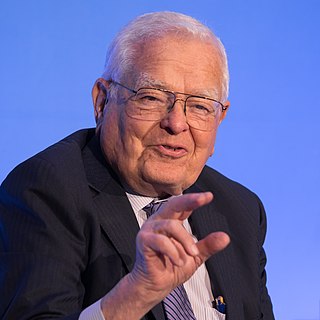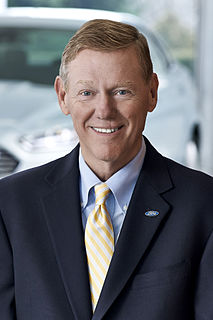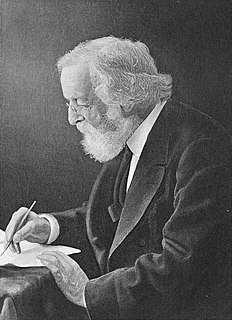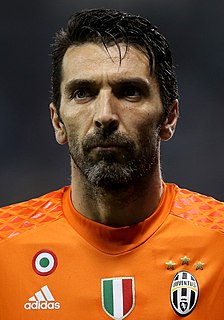A Quote by Roy Romer
One of the things that we're all struggling with is how to judge the quality of the value-added experience of an educational course or year. I don't think it's impossible to do that, but it's difficult.
Related Quotes
Business education must constantly be changing and being updated to improve the quality of the student experience. On line courses will be a key part of supplementing course offerings and providing opportunities for life-long learning. Like any industry, business schools must continue to think and re-think how they add value to students and create thought leadership.
Any person of any philosophic persuasion who sits on a hot stove will verify without any intellectual argument whatsoever that he is in an undeniably low-quality situation: that the value of his predicament is negative. This low quality is not just a vague, woolly-headed, crypto-religious, metaphysical abstraction. It is an experience. It is not a judgment about an experience. It is not a description of experience. The value itself is an experience. As such it is completely predictable. It is verifiable by anyone who cares to do so.
It's stimulating to teach a new course. To teach a course three times in a row is, I think, about the maximum for me. On the second year - you know, the saying is that first year you learn how to teach the course, the second year you do it right, and the third year you're coasting and you had better move on to something else.
We think of the Marine Corps as a military outfit, and of course it is, but for me, the U.S. Marine Corps was a four-year crash course in character education. It taught me how to make a bed, how to do laundry, how to wake up early, how to manage my finances. These are things my community didn't teach me.
What the Metaphysics of Quality would do is take this separate category, Quality, and show how it contains within itself both subjects and objects. The Metaphysics of Quality would show how things become enormously more coherent-fabulously more coherent-when you start with an assumption that Quality is the primary empirical reality of the world. . . . . . . but showing that, of course, was a very big job. . . .
Intentional living is the bridge to significance. At the end of every year, I take time out to reflect and evaluate the events of the previous year - what went well and what needed improvement. From that inventory, I lay out my next year - how I intend to live, make the best use of time and maximize adding value to others. Success asks, 'How can I add value to myself?' Significance asks, 'How can I add value to others?' It is your intention that lends itself to significance.
































